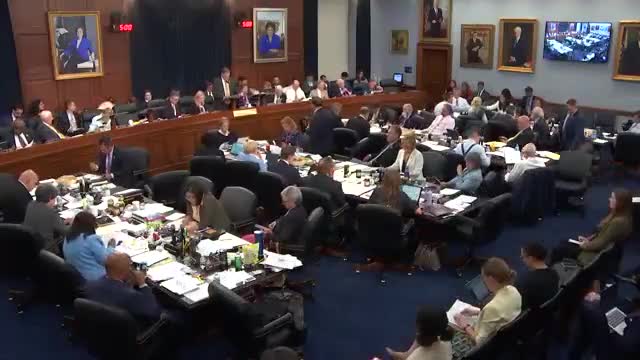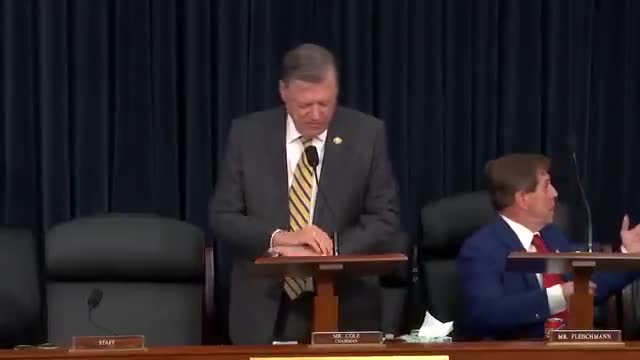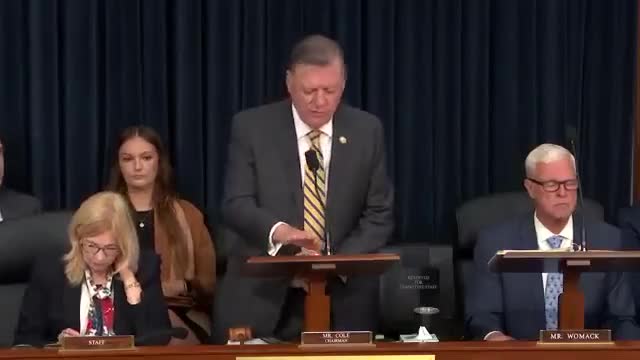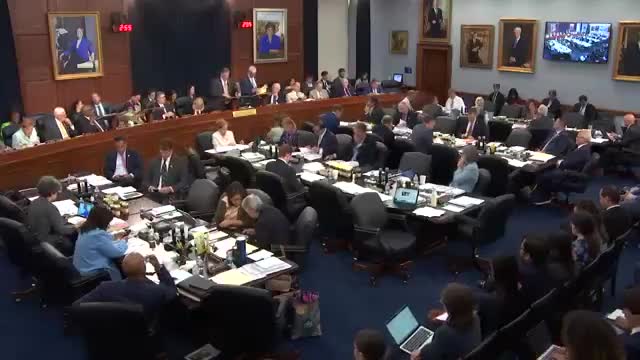Article not found
This article is no longer available. But don't worry—we've gathered other articles that discuss the same topic.

Everglades Detention Site and Proposed Incinerator Draw Environmental Scrutiny in Appropriations Markup

Energy and Water Bill Cuts DOE Clean‑Energy Programs; Democrats Warn of Higher Costs and Lost Jobs

Lawmakers Press FAA, Push Funding for Air Traffic Controller Hiring and Training

